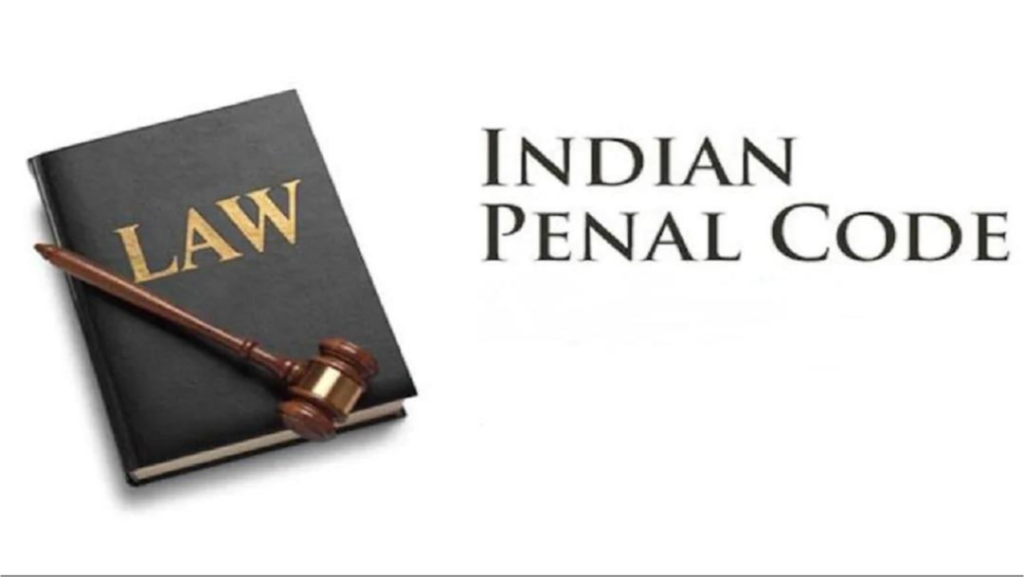Revenge Pornography: The Lack of Public Awareness in India

What is Revenge Pornography?
The topic of physical relationship and intimacy is already a taboo one in our country. People generally aren’t allowed to be open about one’s personal preferences and boundaries when it comes to physical intimacy. This has led to a huge issue in the recent times, known as Revenge Pornography. Revenge porn is the illegal distribution of sexually explicit images or videos of individuals without their consent. Such media in the form of images or videos might have been recorded by an intimate partner with the knowledge and consent of the subject at that or might even have been made without their knowledge or consent at all. In some extreme cases, the use of narcotics such as “date rape” drugs which cause a reduced sense of pain and amnesia leading to dissociative effects in the involvement in the sexual act can also be seen. The possession of such recorded media is then used by the perpetrator to blackmail the subjects into performing other sexual acts, to coerce them into continuing a relationship or to punish them for ending one, to silence them, to damage their reputation or for financial gain. Such malpractices can also be described as a form of psychological abuse and domestic violence, as well as a form of sexual abuse. Few even succumb to the psychological torture and end up taking their own lives and despite all this, there hasn’t been a single law passed to tackle this subject by the jurisdiction of India.

How It Affects the Victim
It is also important to note that the act of revenge porn isn’t limited to romantic partners only. A co-worker, family member or even a stranger can somehow gain access to one’s private images and upload them to the internet and it is said, “What goes on the internet, stays on the Internet”. Commonly known as digital permanence, it is the idea that once something is uploaded to the internet, it will be there forever. These viral images can become the source of everlasting comments and labels de-humanising the victim. These can affect the victim in a number of ways:
- Psychological issues – Study finds that up to 93% of those involved in revenge porn undergo major emotional distress, such as guilt, depression, paranoia or suicidal thoughts.
- Social anxiety and isolation – A victim of revenge porn often times, starts withdrawing from social settings and becomes isolated as it makes one feel worthless and ashamed.
- Harassment and harm to reputation – Posted revenge porn often carry the victim’s name, links to their social media accounts and at times, even phone number. In a one survey, more than half of the people affected by revenge porn said to have been harassed or stalked by other people online.
Some victims have even reported to having lost their jobs or having their family relationships damaged as a result of revenge porn. One can easily understand by now that the subject of revenge porn isn’t a light one and must be tackled decisively as it can adversely affect one’s entire wellbeing.

How the Indian Law Tackles It
In recent years, following the boom of the internet in India, the availability of unconsented private media has seen a rise over the internet. Surprisingly however, there are no official recorded statistics of revenge pornography in India, all due to the lack of special law provisions for such cases. India doesn’t have any specific law on revenge porn or online blackmailing; however, it does have few legal remedies against the crime. These consist of the various provisions under the Indian Penal code, 1860 and Information Technology Act, 2000, which provide punishments to perpetrators of such offenses.
Provisions under the Indian Penal Code, 1860 include:
- Section-292 – deals with the distribution and circulation of obscene material.
- Section-354 – defines the assault or criminal force to woman with intend to outrage her modesty.
- Section 354A – defines the act of sexual harassment.
- Section 354C – defines the act of voyeurism.
- Section 406 – defines punishment for criminal breach of trust.
- Section 499 – defines the act of defamation by a person intending to harman individual’s reputation.
- Section 506 – states punishment for criminal intimidation.
- Section 509 – defines punishment for intention of insulting the modestyof any women.

Provisions under the Information Technology Act, 2000 include:
- Section 66E – defines the punishment for violation of piracy.
- Section 67A – states punishment for publishing or transmitting ofobscene/sexual media through electronic medium.
- Section 67B – states punishment for the person who publish sexual andobscene content featuring a child.
- Section 72 – defines the punishment for the breach of confidentiality andprivacy.
Female victims, being the majority of the victims, can also file a complaint against any perpetrator under Section 4&6 of the Indecent Representation of Women (Provision) Act, 1986 which prohibits the act of publications, pamphlets, distribution or circulation, etc. in the form of paper, film, writing, photographs containing indecent representation of women. An individual residing in India can make use of these provisions to protect one’s wellbeing from the effect of revenge porn. A complete alleviation of revenge porn is no way possible, but it can definitely be minimized by being cautious in every possible situation.
Countermeasures To Be Taken at Personal Level
Despite the heavy preventive measures, explicit images and videos of individuals may at times be recorded without their knowledge at all, leaving the individual completely clueless in such situations. There have been examples where the victims never shared any imagery with anyone, instead they were just changing in a room or in a public washroom where there has been a surreptitious camera installed for recording the individuals, who were then threatened that the recorded images/videos would be shared publicly if their desires weren’t met accordingly. During all such various situations of involvement in revenge porn one can oneself and be better equipped to deal with such incidents by remaining alert and doing the right thing immediately without panicking and following countermeasures as such:
- Talking about it and sharing the problem with their family members and competent friends without any hesitation.
- Documenting the evidence and keeping multiple copies including screenshots and links of webpages where one’s private images/videos are uploaded.
- First and foremostly, one should file a complaint with the Cybercrime Branch as it will prevent the obscene media from going viral immediately.
- If the photo or video appears on social media, it should be reported immediately on the website as revenge porn removal options are provided in most social media sites.
- A Digital Millennium Copyright Act (DMCA) notice must also be sent to the website informing them about the infringement of copyright of that picture or video.
- If the website in question refuses to remove the photo posted without one’s consent, one can then file a complaint to the Federal Trade Commission (FTC) against the website.
One should also try filing a complaint immediately at their nearest police station and provide them with all the detailed information about all the crimes committed against them like hacking, coercion, harassment, etc. Taking such immediate countermeasures can help get the situation under control and the victim’s wellbeing can be protected to a greater extend.

Conclusion
Revenge porn is a growing problem in India, and has been described as a “silent epidemic” in the country. Furthermore, due to the absence of specific laws against revenge porn and the existing laws not being adequately forced, the victims often have a difficult time obtaining justice. In recent years however, several organisations have been established to help victims of revenge porn in India. These organisations provide legal advice and support, as well as assist victims in filing police complaints. Additionally, there has also been organisations that are working to raise awareness about the issue and to educate people about the dangers of revenge porn. Despite these efforts, revenge porn remains a major problem in India. Victims often face social stigma and shame and many are diagnosed with long term social anxiety and depression as a result of revenge porn. We as a society must be more open to such issues and help fight it together instead of being ignorant and letting the victims suffer all by themselves.
By –
Dipankar Kalita
Diploma in Electrical Engineering Assam Engineering Institute

